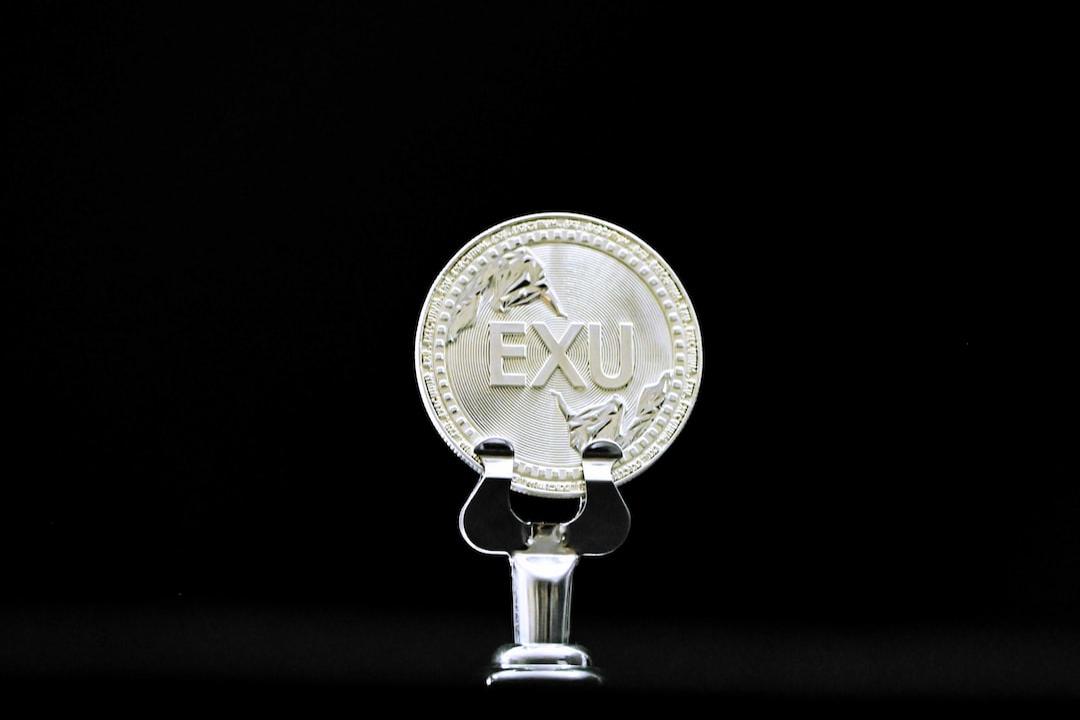The trustee of the bankrupt Japanese Bitcoin exchange Mt.Gox announced on Friday that the company has started making payments to some creditors in Bitcoin and Bitcoin Cash. The announcement added that if certain conditions are met by other users of the hacked exchange, including accepting account verification and subscribing to one of the designated digital asset exchanges, the bankruptcy estate will facilitate the payment of digital tokens through that exchange, and repayment will be made “immediately.” “We ask eligible rehabilitation creditors to wait for a certain period of time,” the statement continued. The price of Bitcoin has dropped nearly 6% in the past 24 hours. Customers of the Tokyo-based exchange have waited 10 years to get their money back.
What is Mt.Gox?
Mt.Gox was once the world’s largest cryptocurrency exchange and filed for bankruptcy in February 2014 after a series of hacks. These hacks resulted in the disappearance of up to 950,000 Bitcoins (worth over $5.8 billion at today’s prices). Mt.Gox attributed the disappearance of the Bitcoins to a vulnerability in the cryptocurrency framework. Mt.Gox stated that while users received incomplete transaction messages when accessing the exchange, the coins may have been illegally removed from their accounts by hackers. After the bankruptcy was announced, 140,000 of the lost Bitcoins were recovered, meaning that Bitcoins worth approximately $9 billion at today’s prices will be returned to the owners. The trading price of Bitcoin at the time of the bankruptcy was around $600. Today, it is valued at over $54,000, nearly a 9,000% increase. According to data from Arkham Intelligence, on Thursday and Friday, Mt.Gox transferred billions of dollars’ worth of Bitcoins from its encrypted wallets before the repayment memo. Arkham Intelligence said on Friday that over 47,000 Bitcoins worth $2.7 billion were moved out of offline cryptocurrency wallets associated with Mt.Gox. Arkham stated that part of the funds worth $84.9 million was sent to the Japanese cryptocurrency exchange Bitbank, which is listed as one of the platforms supporting repayment to Mt.Gox users. Another $63.6 million worth of Bitcoins was sent to an unknown counterparty, which Arkham said is “likely a listed repayment exchange.” According to Arkham, Mt.Gox’s wallets still hold 138,985 Bitcoins worth approximately $7.5 billion at current prices, indicating that billions of dollars’ worth of cryptocurrencies are still to be paid out.
How will this impact Bitcoin?
Analysts previously told CNBC that they expect the Mt.Gox repayment plan to result in a significant amount of Bitcoin being sold, although this may be temporary and precede further price increases later this year and in early 2025. John Glover, Chief Investment Officer of cryptocurrency lending company Ledn, told CNBC that the windfall for Mt.Gox users could translate into a significant amount of Bitcoin being sold as investors seek to lock in profits. “Many will clearly cash out and enjoy the fact that their Mt.Gox bankruptcy turned out to be the best investment they ever made,” Glover, a former managing director at Barclays, said in a comment via email. “Some will obviously choose to run with the money.” JPMorgan analysts stated in a report last month that they expect Mt.Gox’s customers to sell some of their Bitcoins to profit from the massive gains in cryptocurrencies. They wrote, “Assuming most of the Mt.Gox creditor liquidation happens in July, this forms a trajectory of some pressure on cryptocurrency prices in July, but a rebound starting from August.” Ultimately, the total amount owed to creditors—around 140,000 Bitcoins—accounts for 0.7% of the current circulating supply of 19.7 million Bitcoins. Analysts suggest that while this may impact the price, there is still enough liquidity to cushion any severe sell-off. James Butterfill, Research Director at CoinShares, told CNBC that the billions of dollars’ worth of Bitcoin traded daily on reputable exchanges this year indicates that “there is enough liquidity to absorb these sales in the summer.” Jacob Joseph, a research analyst at CCData, also agrees, stating that the market is fully capable of absorbing the selling pressure. “Additionally, a healthy portion of creditors may be willing to sell 10% of their share to get an early repayment, and not all shares will be liquidated on the open market, which would alleviate overall selling pressure,” he told CNBC via email.

